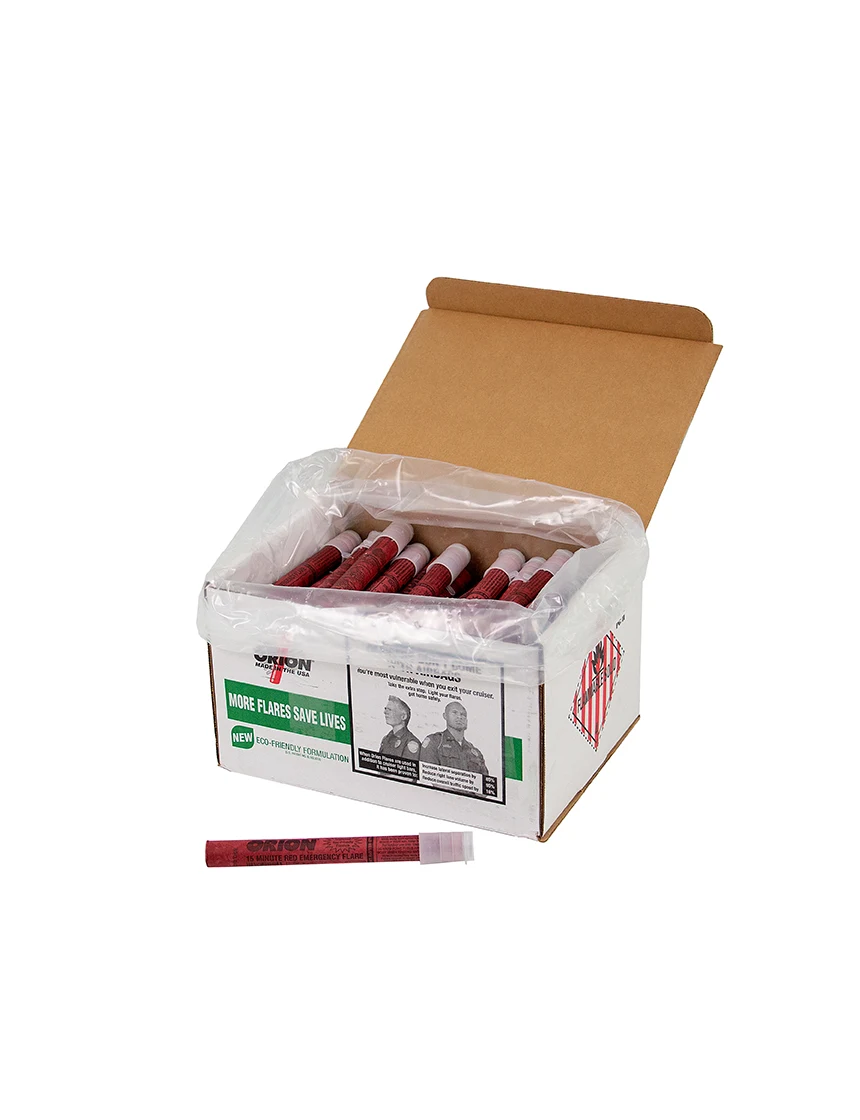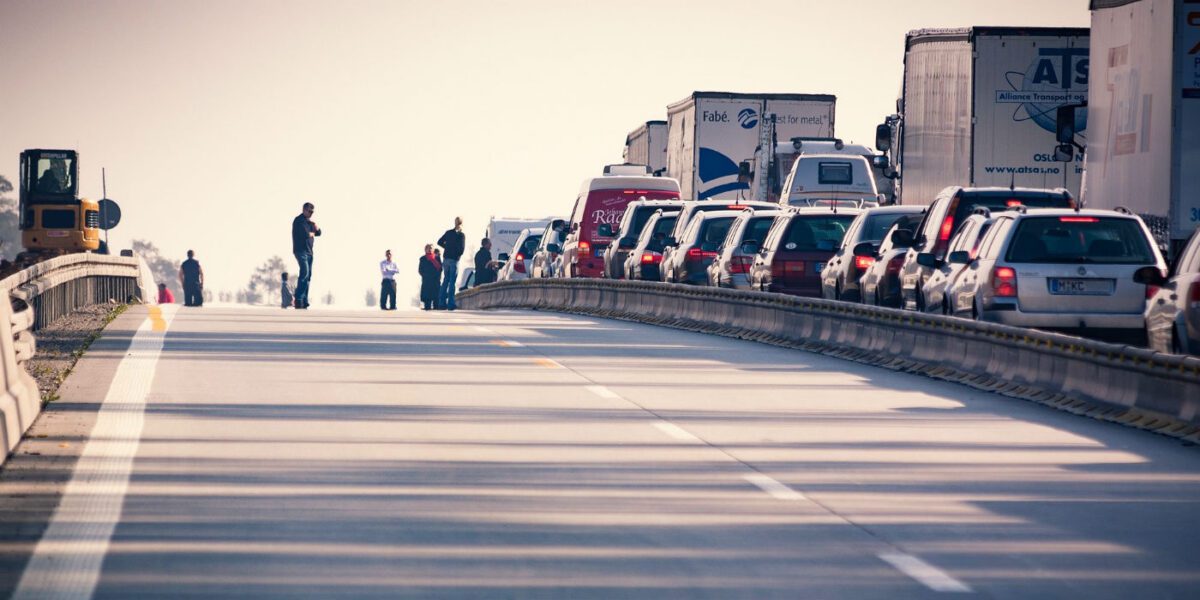The Use Of Road Flares At Accident Scenes
Safety professionals have come to rely on road flares to warn oncoming traffic and motorists about an accident site ahead. Initially used in the railroad industry to signal train conductors, flares have evolved into an indispensable tool for roadway safety.
Over time, road flares have been adapted for various applications, including shipping, outdoor survival, and, most notably, traffic control. Emergency responders and traffic professionals utilize these flares to enhance safety at accident sites.

Image Source: Fire Rescue Magazine
Unlike other products on the market, road flares provide a consistent and bright light source, ensuring visibility even in low-light conditions. Their effectiveness makes them a crucial component in accident scene management.
Why Road Flares Are Essential for Accident Sites
Emergency responders use highway flares for various reasons, including improving accident scene visibility and slowing down oncoming traffic to prevent further accidents.
Police officers, firefighters, and emergency personnel should carry flares in their emergency response kits. Proper flare placement can channel traffic safely around obstacles and road closures.
Key Benefits of Road Flares
- Superior Visibility: More than five times brighter than electric alternatives, ensuring clear visibility even in adverse weather.
- Independent Energy Source: Works in fog, rain, and snow without reliance on batteries or external power sources.
- Rapid Deployment: Lightweight, compact, and easy to ignite, making them highly effective in urgent situations.
- Steady, Non-Distracting Light: Unlike flashing lights, flares provide a constant glow that clearly signals danger without confusing drivers.
- Universal Recognition: Road flares are widely understood by motorists as a clear warning to slow down and proceed cautiously.
Safe Placement of Emergency Flares
Proper flare positioning is crucial for maximizing their effectiveness. Emergency personnel should use the following guidelines for placing road flares:
Flare Placement Distances
| Speed | Equation | Example |
|---|---|---|
| Under 50 MPH | MPH x 4 | 30 MPH x 4 = 120 Feet |
| Over 50 MPH | MPH x 4 + 100 | 60 MPH x 4 + 100 = 340 Feet |
Proper Handling and Disposal of Road Flares
- Ignition: Strike the correct end of the flare on a rough surface to ignite.
- Holding Position: Always hold the burning end downward to avoid falling embers.
- Stable Placement: Position flares on a flat surface to prevent rolling.
- Avoid Fire Hazards: Keep flares away from dry grass, fuel spills, and flammable materials.
- Disposal: Tap the extinguished flare tip on the ground to ensure it is fully put out before leaving.
Final Thoughts on Road Flare Safety
Ensuring safety at accident scenes is a top priority. Road flares provide a reliable, highly visible, and effective way to manage traffic and protect both motorists and emergency responders.
For premium-quality road flares and other safety essentials, visit Traffic Safety Store.

Case (36) 30-Minute Road Flares
- Case contains 36 Orion flares
- Waxed Flare w/Plastic Cap
- 30 Minute Burn Time - Non Perchlorate Formula
- Choose with or without Wire Stand

Please note:
Due to US Department of Transportation HAZMAT shipping restrictions, road flares are not returnable.

Orion 20-Minute Road Flares
Case (36) Orion 20-Minute Road Flares
- Case contains 36 Orion flares
- Waxed Flare w/Plastic Cap
- 20 Minute Burn Time - Non Perchlorate Formula
- Choose With or Without Wire Stand

Please note:
Due to US Department of Transportation HAZMAT shipping restrictions, road flares are not returnable.

Orion - 15-Minute Road Flares (case of 72)
- Case contains 72 Orion flares
- Waxed Flare w/Plastic Cap
- 15 Minute Burn Time - Non Perchlorate Formula
- No Spike & No Wire Stand, simply lays flat

Please note:
Due to US Department of Transportation HAZMAT shipping restrictions, road flares are not returnable.

